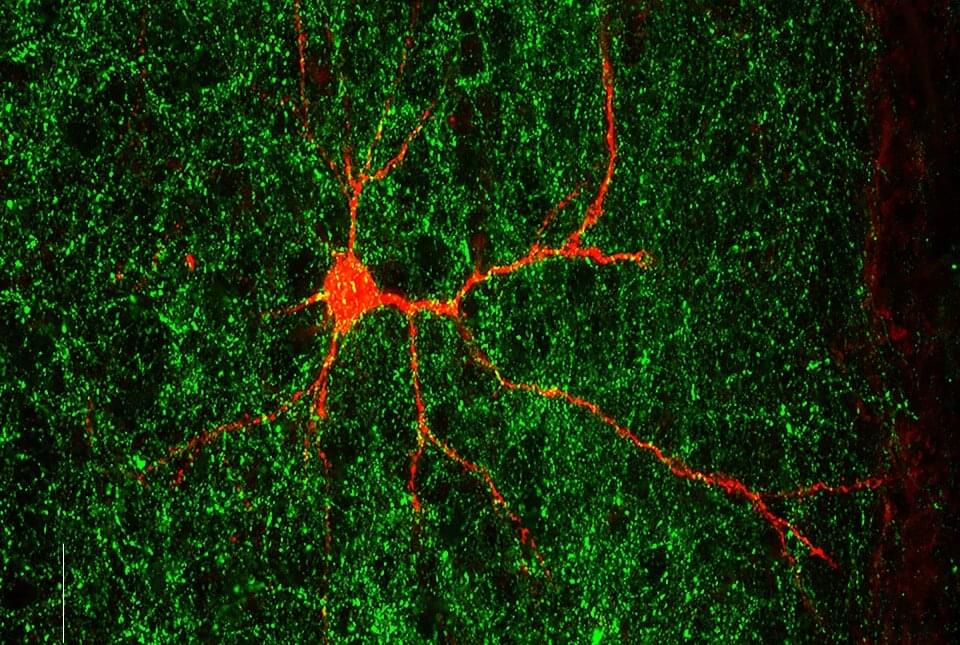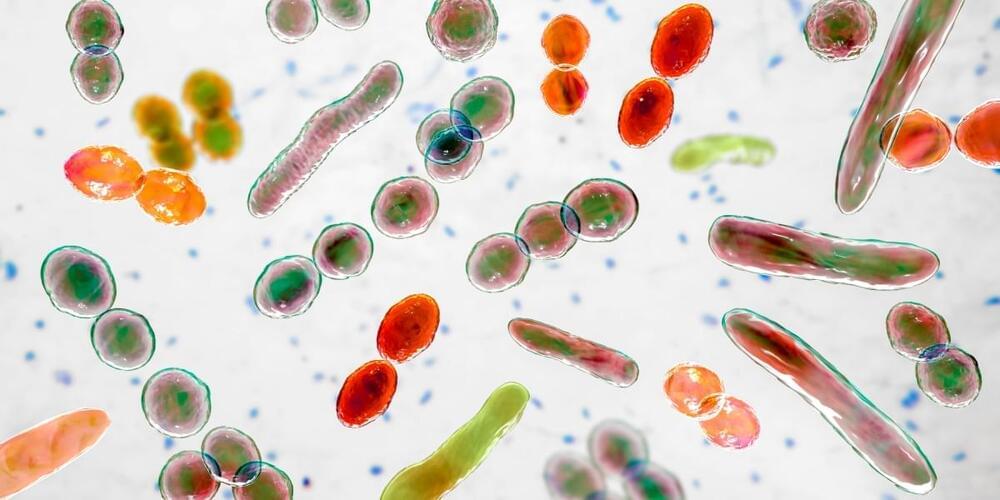Dec 2, 2022
Research says gravity could be to blame for irritable bowel syndrome
Posted by Gemechu Taye in categories: biotech/medical, neuroscience
Gravity could be a leading cause of irritable bowel syndrome, along with increased serotonin levels and changes in the gut microbiome.
Approximately 20 to 40 percent of all visits to gastroenterologists are due to irritable bowel syndrome (IBS) symptoms. The common disorder affects between 25 and 45 million people in the United States and up to ten percent of the world’s population, yet experts aren’t sure of how or why it develops.
However, there is no dearth of theories. While one explains that IBS is a gut-brain disorder, another theory states that IBS is caused by abnormalities in the gut microbiome.


















